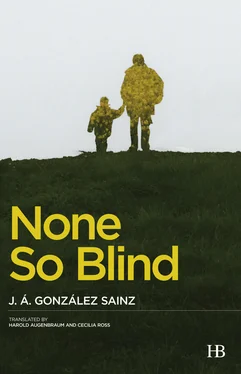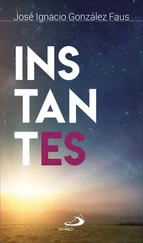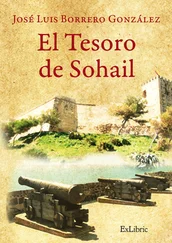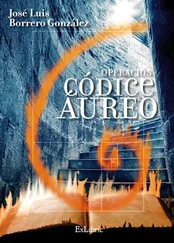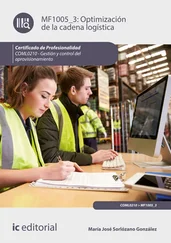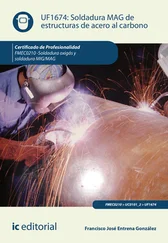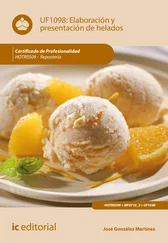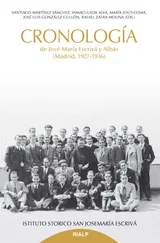Everything up there seemed to reveal to him its exact opposite, and it was then that he opened his eyes as wide as they would go so that he could fit into them all the space around him, so that he could fit the road and that immensity and even the entire expanse of time with all its vicissitudes, while simultaneously breathing in as much air as he could get into his lungs, as they said his father had done. The vertigo of disappearance made him wobble slightly for an instant, still at the cliff ’s edge, and immediately, with all that vastness in his eyes, with the breath of the eternal rising off the road and up toward him, and a strange sense of piety for all that remained impenetrable, he took one dumbstruck step, just one, and it was not forward into the abyss but backward, onto terra firma, followed a moment later by another, and then another, all filled with liberating, inaugural astonishment, and as he turned his head to one side, drawn by the shouting that had just begun to reach him, he saw, too, against the background of all those strangely indomitable surroundings and, above all else, all that unbowed opening of his eyes, his son Felipe — he, too, Felipe Díaz — gasping for breath and running for all he was worth to reach him and throw his arms around him.
He said nothing then, either, but suddenly — the pomegranates are opening up down below, and they’re as red and ripe as ever, he heard his son say after a short while — he was certain that if he uttered one phrase or began to say anything, regardless of how softly or loudly, words would have regained all the meaning whose restitution they themselves were clamoring for at the top of their lungs.
Trieste, December 2008
J. Á. González Sainz is a Spanish writer and translator born in Soria in 1956. His latest book is a collection of short stories, El viento en las hojas (Anagrama, 2014). Among his other works are the novels Ojos que no ven (Anagrama, 2010), Volver al mundo (Anagrama, 2003) and Un mundo exasperado (Anagrama, 1995), which received the Herralde Novel Prize. In 2005 he was awarded the Castilla y León Literature Prize. He has translated a number of books from Italian to Spanish by authors such as Magris, Del Giudice, Flaiano, Stuparich, Severino, and was founder and director of one of the most important cultural magazines during Spain’s Transition from dictatorship to democracy, namely Archipiélago, cuadernos de la crítica de la cultura (1989–2009) . He received his degree in Hispanic Philology from the University of Barcelona and has taught Spanish as a Foreign Language for more than thirty years. None So Blind is his first work available in English translation.
Harold Augenbraum is an American writer, editor, and translator. He is currently Executive Director of the National Book Foundation, where he established the Innovations in Reading Prizes, the Literarian Award, 5 Under 35, BookUp, National Book Awards on Campus, and the National Book Awards Teen Press Conference. He is a member of the Board of Trustees of The Common literary magazine, founded the Proust Society of America, and is former member of the Board of Trustees of the Asian American Writers Workshop and vice chair of the New York Council for the Humanities. Augenbraum has published six books on Latino literature of the United States, translations of Alvar Núñez Cabeza de Vaca’s Chronicle of the Narváez Expedition and the Filipino novelist José Rizal’s Noli Me Tangere and El filibusterismo for Penguin Classics, and, for the University of Texas Press, the Mexican writer Juan Rulfo’s The Plain in Flames (with Ilan Stavans). In 2013, Augenbraum edited the Collected Poems of Marcel Proust, also published by Penguin Classics.
Cecilia Ross is an American translator and editor who has spent nearly the entirety of her adult life abroad, residing for the bulk of those years in Madrid, Spain. She has been an editor at Hispabooks since 2014, and her published works include the first ever translation of the poetry of Dorothy Parker into Spanish, Los poemas perdidos (Nordica Libros, 2013, with Guillermo Lopez Gallego). Her translation into English of Beatriz Espejo The Egyptian Tomb is included in a forthcoming anthology for Words Without Borders, and she has also translated a work of nonfiction by the award-winning Mexican investigative journalist Lydia Cacho, Memoir of a Scandal (forthcoming). When not working, Cecilia can be found enjoying life, the universe, and everything with her husband and two Spanglish-fluent children.
